12 days and 11 nights
Moscow - Irkutsk - Vladivostok
This tour will take you along the full route of the Trans-Siberian railway to 3 of Russia’s most interesting cities – Moscow with stunning Red Square, the Kremlin and Cathedrals, Irkutsk located in the heart of Siberia and home to the great Lake Baikal and Vladivostok – the King of the East with its harbor of the Golden Horm and Amursky Bay on the Pacific Ocean.

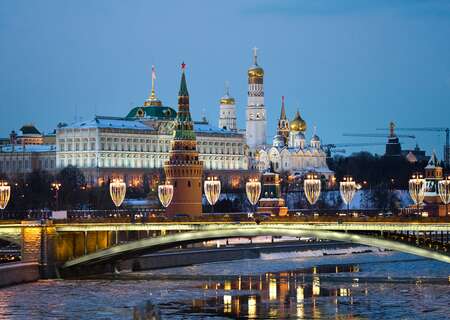
Moscow, the capital of the Russian Federation, is the starting point of your great Trans Siberian journey.
On arrival in Moscow, you will be met by our friendly representative who will escort you by car or mini bus to your hotel. On the way to the hotel, you will have the opportunity to get your first glimpse of this truly unique city.
Moscow is the capital and the largest city in Russia as well as the largest metropolitan area in Europe with a population well over 10 million. This amazing city has served as the capital of the Soviet Union, the Russian Empire and the Grand Duchy of Moscow. Moscow has had a tumultuous history dating back to medieval times when it was founded by Prince Yuri Dolgoruki (Yuri of the Long Arms, known for the length of his arms!) in the early 12th century. It has seen numerous invasions and sieges from the Mongols to the Poles and Lithuanians to the Crimean Tatars to Napoleon and finally the Nazi’s but it has persevered and today is a thriving metropolis. The city is filled with unique architecture from the Kremlin and Red Square to giant Stalin skyscrapers to new office blocks built during the economic boom of recent years and it contains a strikingly beautiful metro system. The city is the center of political as well as economic power in Russia and visitors can feel the energy in the streets. There is always something going on in Moscow and there is so much to see.
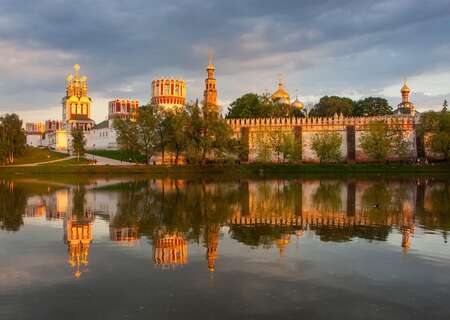
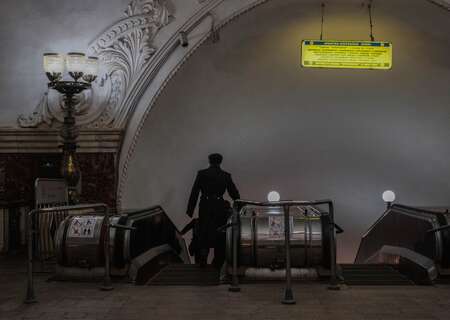
After breakfast at the hotel you will have some free time to become oriented. In the afternoon, you will check out of the hotel and meet with your guide. Your excursion program starts with a city tour by car or minibus.
On Panoramic City Tour, our professional guide will escort you on a route that includes Vorobyevi Hills where you will get an incredible view of the city from an observation point. You will proceed to Moscow State University which is an example of architecture from the time of Stalin and one of Russia’s leading schools of higher education, then on to Novodevichy Convent, Victory Park, the Triumphal Arch and Kutuzovsky Prospect. You will get a chance to see from the outside, the Russian seat of power - the Kremlin and Red Square and continue on to see much more of this storied city.
Departure by rail to Irkutsk.
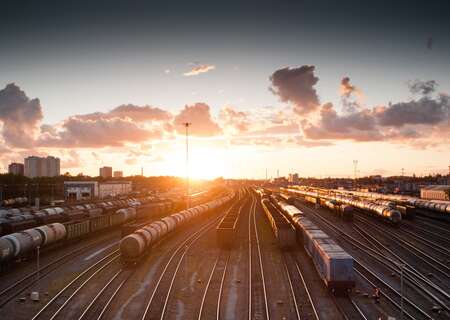

Almost all the cities along the way date back to 11th – 13th centuries. The first city where the train will stop is Vladimir, one of the cities comprising the Golden Ring, famous for its history and beautiful gold-domed churches. The next city is Nizhny Novgorod with its stunning Kremlin set on the banks of the majestic Volga river.
At night you will also pass the Vyatka River, the towns of Kotelnich, Vyatka and Balyezino and then arrive at the foot of the Ural Mountains. In the morning, the train will stop in Perm, an old, Russian city known as a center of ballet and literature. It will then take about 6 hours to travel to Yekaterinburg. The stop is 40 minutes.
On this part of your journey, you will travel through Siberia with its mighty taiga and rivers. The route to Novosibirsk has many stops in scenic small and large towns. Tyumen, Russia’s oil capital, is the first. The next large city is Omsk – another major industrial center. Leaving behind the river Irtysh, you will continue passing through amazing natural surroundings. After crossing the bridge across the Ob River, you will soon arrive in Novosibirsk. The stop is 22 minutes.
This part of Trans Siberian route is considered by many to be the most beautiful. You will understand why just by looking at a map of the region. You will spend almost a whole day on the train, passing the Kam, Chuna, Lya, Oka and Angara rivers. You will also pass the famous Yenisey river with the city of Krasnoyarsk settled on its picturesque banks. The stop is 20 minutes.
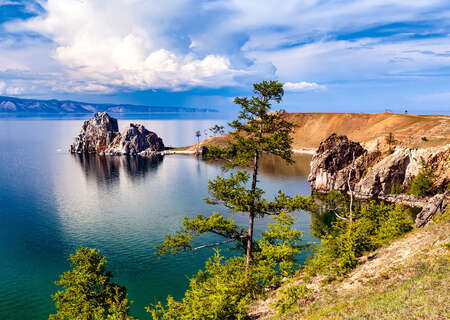
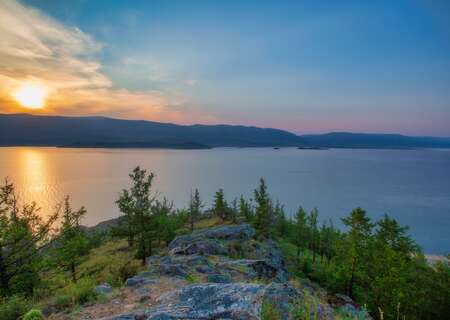
In the morning, your train arrives in Irkutsk where our representatives will meet and take you to Lake Baikal, the largest body of fresh water on earth. On the way from Irkutsk, we will make a stop at the Ethnographical museum “Taltsy” consisting of examples of Siberian wooden houses from the past centuries.
We will also make a stop to see the lake from the “Cherskiy Peak” observation point. On arrival to a hotel we will have lunch (optional). This is not the end of the day; we will also visit the Limnological museum, where exhibits of the unique fauna and flora that surround the lake are displayed. There is also an aquarium where you can see different species of local fish and the Baikal nerpa – the earth’s only fresh water seal. And we will visit the functioning St. Nicolas the Miracle-Worker Orthodox Church.
Lake Baikal is the largest freshwater lake in the world with an average depth of 744.4 m (2,442 ft) and contains roughly 20 percent of the world´s surface fresh water. The body of water is also known as the “Baikal Sea” and the "Pearl of Siberia". At 1,642 meters (5,390 ft) Lake Baikal is the deepest, and among the clearest lakes in the world. At more than 25 million years old, Baikal is also the world´s oldest lake. Baikal is home to more than 1,700 species of plants and animals, two thirds of which can be found nowhere else in the world and was declared a UNESCO World Heritage Site in 1996. It is also home to the Buryat people who follow the Tibetan Buddhist religion and reside on the eastern side of the lake rearing goat, camel, cattle and sheep.
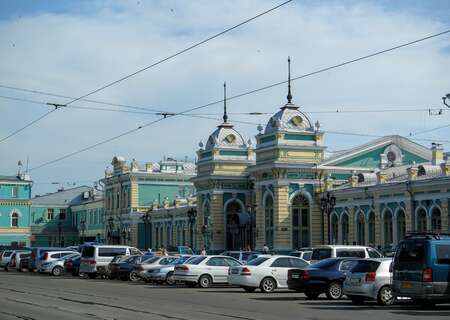
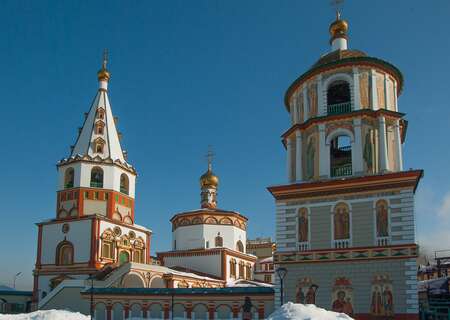
After breakfast you will travel by comfortable car or mini bus to Irkutsk where you will drop off your luggage in the luggage room of a hotel and continue on with your tour.
After this you will be taken on a city tour. The tour includes a visit to the Cathedral of the Holy Sign (Znamensky Cathedral). Apart from ornate and rich iconostasis, the cathedral is famous for its graveyard where you will see the graves of the Decembrists Mukhanov, Beschasnov, Trubetskoy and the Russian Columbus Shelekhov. We will then proceed to the Museum of the Decembrists. The museum is housed in a mansion belonging to one of the leaders of Decembrist Revolt. The Decembrists were Russian aristocracy who were banished to Siberia after their ill-fated attempt in December 1825 to overthrow the Russian Tsar in favor of a Constitutional regime. The museum evokes the period of 18th century Russia.
Irkutsk began as a small settlement in the mid 17th century for gold-trading and for the collection of the fur tax from the Buryats (the local inhabitants of the area). The settlement officially became a town in 1686 and the first road between Moscow and the new city was built in 1760. With the road construction, many new products, often imported from China, were widely available in Irkutsk for the first time including gold, diamonds, furs, wood, silk and tea. In 1821, Irkutsk became the seat of the Governor-General of East Siberia. In the early 19th century, many Russian officers and nobles were sent into exile in Irkutsk for their part in the Decembrist revolt against Tsar Nicholas I. Due to this influx of individuals from St. Petersburg, Irkutsk became the Siberian center of intellectual and cultural life. By 1900, the city had earned the nickname “The Paris of Siberia.” Today Irkutsk has become a college town with many young people studying at the university and other institutes of higher education in the city.
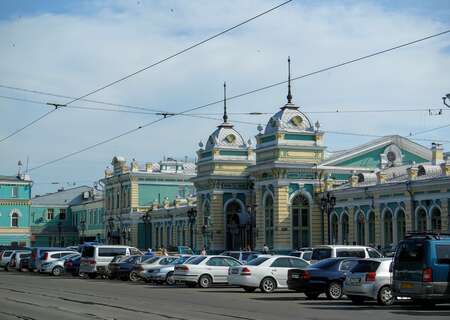
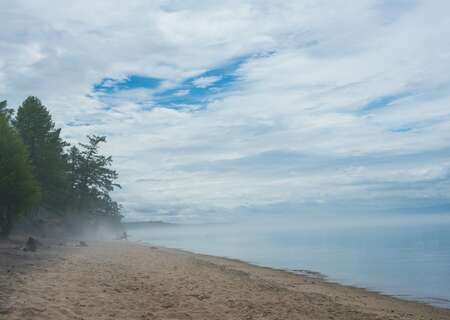
After breakfast you will be taken to the train station to continue your journey. The train leaves at 7:56.
The journey from Irkutsk to Khabarovsk will be longer than the other legs of your trip, more than 2 days. So, make yourself at home in your compartment. The scenery outside your window is quite repetitive - the endless Siberian taiga, rivers and lakes but this intense nature is now very close – you honestly will really begin to feel the massive scale of Siberia. The 20-25 minute station stops are a good time to replenish your supplies.
After Khabarovsk, it will take approximately 13 hours to reach Vladivostok - the Lord of the East. The route will take you very near the Chinese border and the Ussuri River. On the left side of the train, you can admire the Pacific as it appears from time to time and feel the fresh and salty wind as you get closer to Vladivostok.
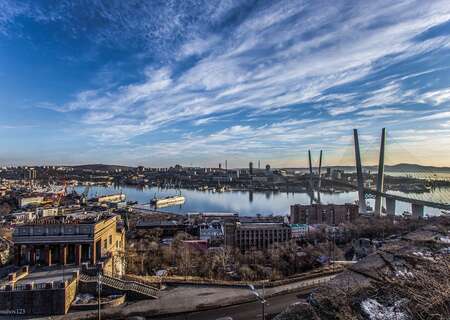
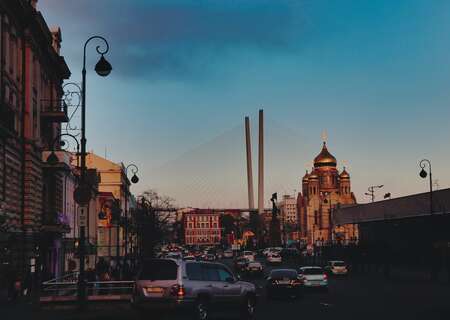
On arrival at the Pacific Coast city of Vladivostok, you will be met at the train station by our representative and will be taken by car or mini bus to your hotel. The expedition to discover the "Lord of the East" now begins.
Vladivostok Russia’s largest port city on the Pacific Ocean is situated at the head of the Golden Horn Bay and near the border of China and North Korea. The city is home to the Russian Pacific Fleet. The territory on which modern Vladivostok is located has been part of many nations, including the Mongol Empire and China and in the past was populated by Chinese, Manchu and Koreans. Russia acquired the region in 1858 at the end of China’s Opium War with Britain. The naval outpost was founded in 1859 by Count Nikolay Muravyov Amursky who named it Vladivostok, translated as “Lord of the East.” An elaborate system of fortifications was erected between the 1870s and 1890s and a telegraph line from Vladivostok to Shanghai and Nagasaki was opened in 1871. The city´s economy was given a boost in 1903, with the completion of the Trans-Siberian Railway. The city was fiercely fought over during the Russian Civil War but finally taken by the Red Army in October 1922. This battle marked the end of the Russian Civil War and consolidation of power by the Soviets. Since that time, Vladivostok has been Russia’s main cultural, trade and militarily important city on the Pacific Coast.
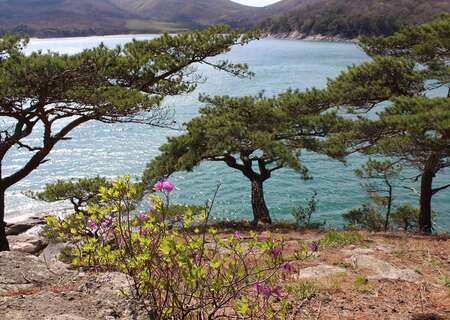
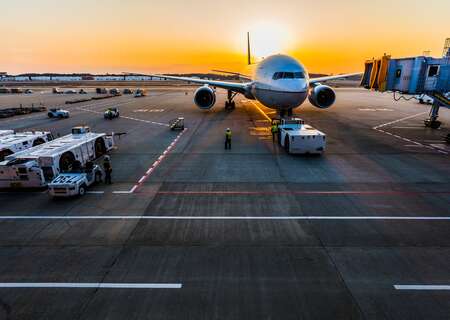
Breakfast at the hotel
Check-out
After the breakfast, get ready for the city tour. During this panoramic tour of Vladivostok, you will see all the main attractions and highlights of the city: the Vladivostok Railway Station – terminus of the Trans-Siberian railroad, the S-56 submarine on the harbor embankment and the area on which the city was founded 142 years ago. You will also visit the highly regarded Arseniev Museum to view exhibits of the region’s rich treasures of flora and fauna as well as the culture and history of the Vladivostok area.
After the tour, you will be taken to the airport. This ends your Trans-Siberian journey. We hope that you had a wonderful time and we look forward to welcoming you back to Russia sometime in the future!
These sights are included into the standard package:
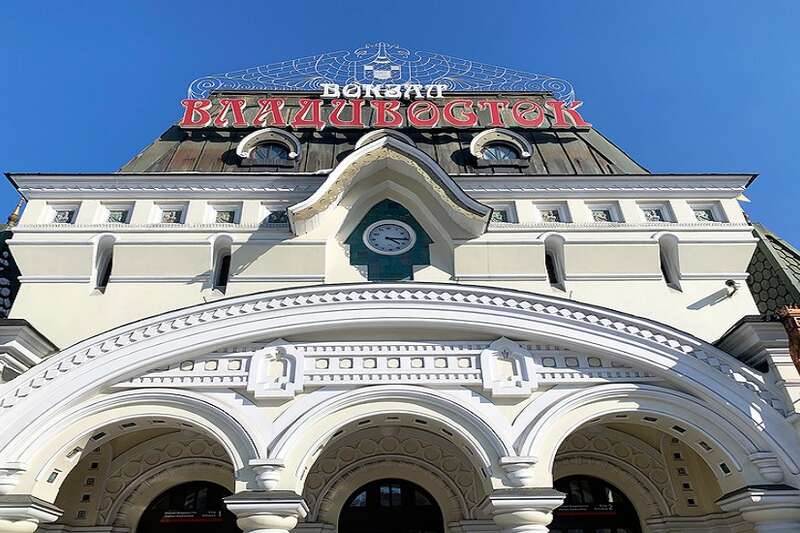
The foundation stone of the station was laid by the architect Bazilevsky in 1891 in the presence of Crown Prince Nicholas, future Emperor Nicholas II. In 1893, the station was officially opened and trains on Vladivostok - Ussuriysk route were launched. In 1910-12 Yaroslavsky Railway Station in Moscow was built, and it was decided to rebuild Vladivostok station in similar style so as to created architecturally completed stations on both ends of Trans-Siberian Railway. There were several more changes in the ensemble in the course of the 20th century, and finally in 1994-1996 the station was restored to the original pre-Revolutionary look.
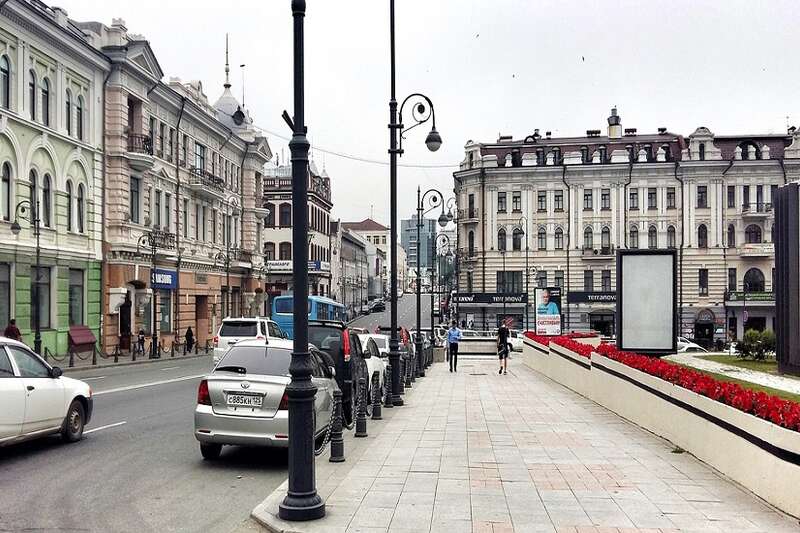
Arseniev Museum was founded in 1884 and opened to the public in 1890. It belonged to the Society of Study of the Amur region. Major part of the collection was formed in the XIX century and it consists of ethnographic and archaeological exhibits. Today the museum is a large-scale exhibition space where traditional and new museum technologies co-exist. The museum building is located in the heart of the city and is a monument of town-planning architecture of the early XX century.
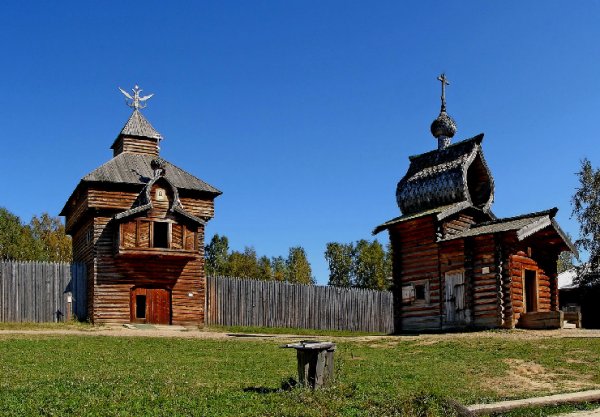
This architectural and ethnographic museum opened its doors to the public in 1980. On the territory of 67 hectares there are over 40 architectural monuments (fortress wall, churches, barns, water mills, parish school, peasant houses) and over 8,000 exhibits that tell about life in the Siberian villages XVII-XIX centuries. The museum often hosts folk festivals, and is also often used by filmmakers because of its authentic look.
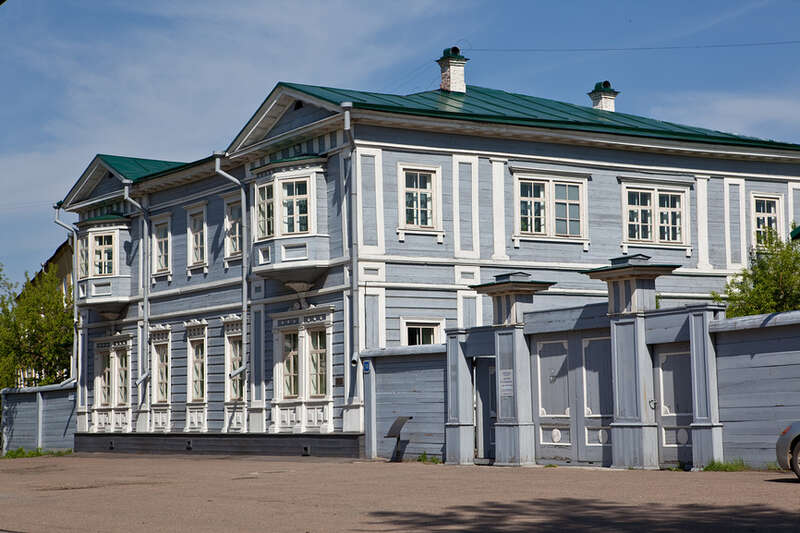
The museum is housed in a mansion belonging to one of the leaders of Decembrist revolutionaries - these were Russian aristocracy who were banished to Siberia after their ill-fated attempt in December 1825 to overthrow the Russian Tsar in favor of a Constitutional regime. The museum is truly evocative of 19th century Russia.
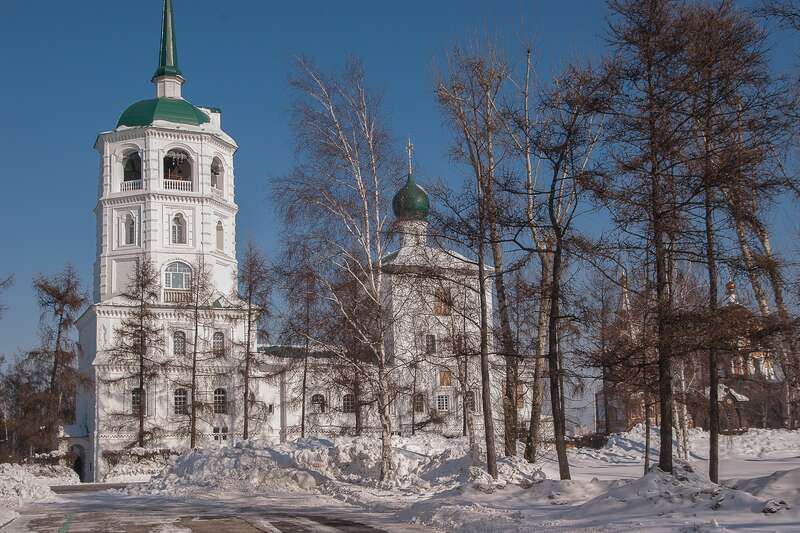
Apart from ornate and rich iconostasis, the cathedral is famous for its graveyard containing the graves of the Decembrists Mukhanov, Beschasnov, Trubetskaya and the Russian Columbus Shelekhov.
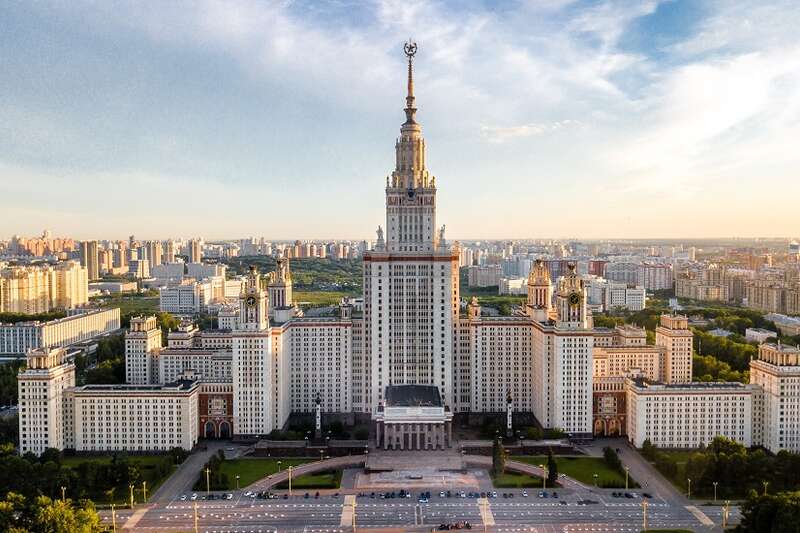
Major Moscow highlights include: Vorobyevi Hills with an incredible view of the city from an observation point; Moscow State University which is an example of architecture from the time of Stalin; Novodevichiy Convent, the Diplomatic Village, Victory Park, the Triumphal Arch, Kutuzovsky Prospect, the Arbat and much more.
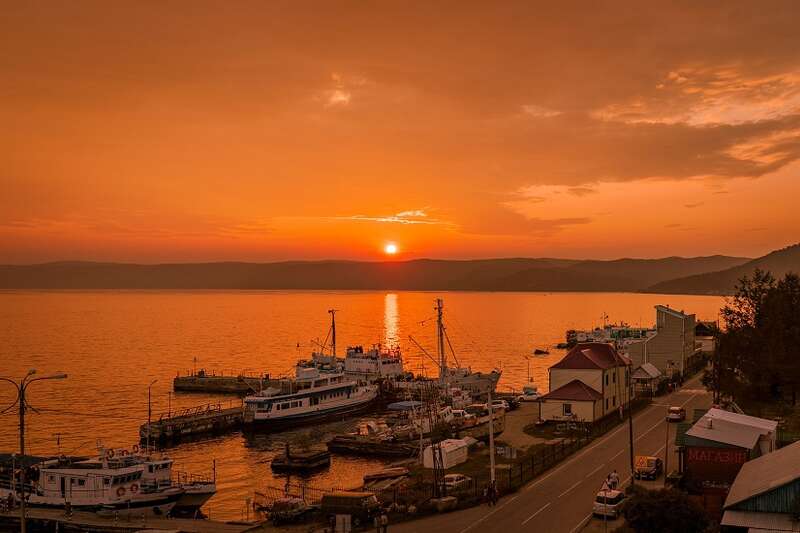
Listvyanka is a small settlement located on the shore of Lake Baikal. On the way from Irkutsk to Listvyanka there are 3 places of interest. The first is the obo - a sacred place for the local Buryat people. The second is Taltsy - an open air Museum of Russian Wooden Architecture. The third is the famous Shaman Rock (another sacred site) located on the headwaters of the Angara river. Listvyanka is also home to the Church of Saint Nicolas the Wonderworker - the guardian angel of travelers, and the Baikal Ecology Museum with exhibits of the unique fauna and flora that surround the lake. There is also an aquarium which contains different species of local fish and the Baikal nerpa - the earth's only fresh water seal.
| 1st class | 2nd class | |
|---|---|---|
| 1 | $5289 | $4425 |
| 2 | $3780 | $2917 |
| 3 - 4 | $3556 | $2692 |
| 5 - 6 | $3432 | $2568 |
| single supplement | $416 | $416 |
| 1st class | 2nd class | |
|---|---|---|
| 1 | $5757 | $4697 |
| 2 | $4248 | $3188 |
| 3 - 4 | $4023 | $2963 |
| 5 - 6 | $3900 | $2840 |
| single supplement | $416 | $416 |
Prices are per person based on double occupancy in a specific hotel. If you travel in a group but decide to stay in a single room, please add the single supplement to the price. We offer discounts for groups of 7 or more. To inquire about group rates, please contact us.
Please note:
Train fares and schedules are subject to change without notice and the program may be slightly changed in this event. However, this will not influence the quality of the services and we will do our best to make your trip unforgettable!
Regular trains are used for these tours. On these trains, there is no WC your individual cabins and no shower on board. A different train is used for each leg of your journey. There is no guide accompanying you during your time on the train. A new guide will meet you by the train on arrival in each city and they will accompany you back to the train station on the last day in that particular city.
Every effort will be made to adhere to tour pricing, however, currency fluctuation is beyond our control and may affect final costs.
Prices include:
Single compartment in the train is available on request
Not included:
Payment policy:
To book a tour, a 30% deposit is required at the time of booking. The trip must be fully paid 61 days before departure.
Cancellation policy:
Join us on Facebook
We invite you to become a fan of our company on Facebook and read Russian news and travel stories. To become a fan, click here.
Join our own Russian Travel, Culture and Literature Club on Facebook. The club was created to be a place for everyone with an interest in Russia to get to know each other and share experiences, stories, pictures and advice. To join our club, please follow this link.